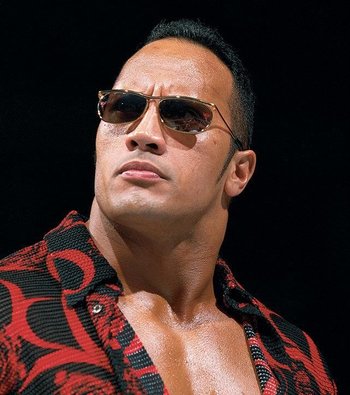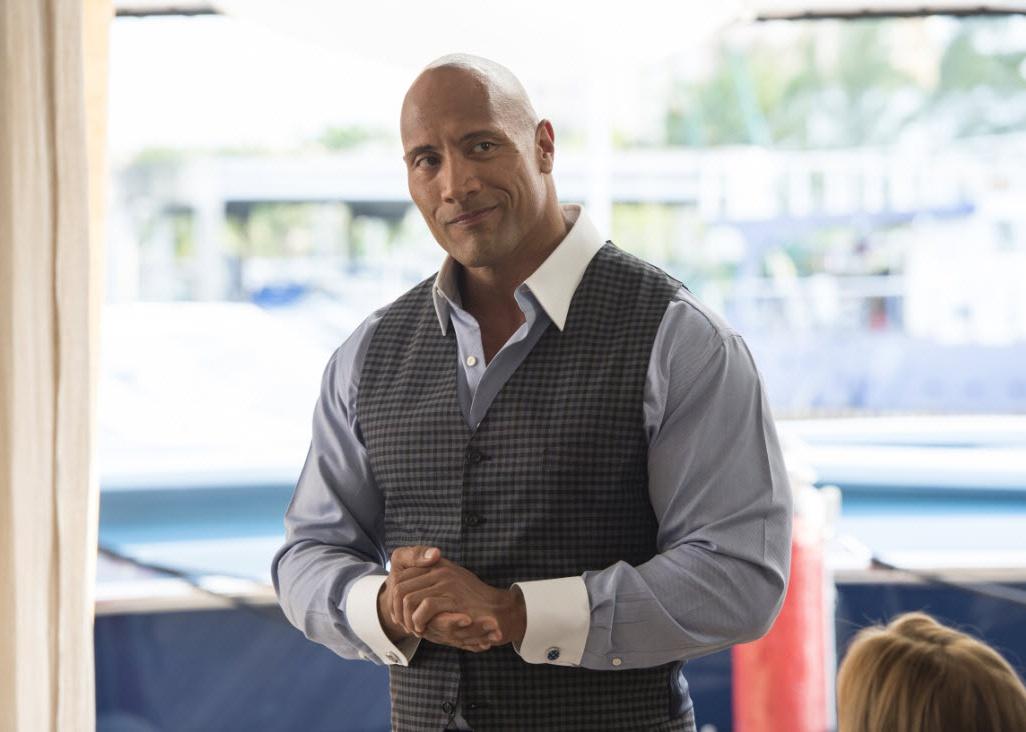Dwayne Johnson represents a credible independent bid for president at a time when the majority of the American electorate may be ready for one.

It is a rite of our political silly season, a period that starts mere moments after the last election, that we fawn over potential outsider candidates for president, regardless of any real justification or path to victory.
And so, with Oprah Winfrey bowing out of consideration, we turn our attention to Dwayne Johnson, formerly known as The Rock, who told Ellen DeGeneres last month that he is “seriously considering” a White House bid. It may seem nutty that a wrestler turned box-office stud with no relevant experience or expertise could be a viable candidate, but we now know that fame, money, and a willingness to say just about anything can take you quite far these days.
So, it is not entirely surprising that Johnson, with his almost 100 million Instagram followers and transcendent charm, should stir the electoral waters. His political preferences are artfully unclear: The Rock has reportedly been a registered Republican in the past, but often talks like a liberal.
There’s no natural constituency for The Rock, because he has not expressed much beyond his enthusiastic and endearing love for country, the armed forces, and just about anyone he meets. In ordinary times, this would be a fatal defect. But in a nation increasingly exhausted by division and discord, there is considerable allure in a candidate who evades political labels.

You might think that The Rock 2020 is a bit of a joke, but the political conditions behind it are not. The most important factor supporting an independent bid for president is the historic unpopularity of both major parties. As I wrote earlier this month for the Hive, more and more Americans are rejecting party labels.

Self-identified independents are now by far the largest block in American politics, having doubled in number over the last half century. At the same time, the reputations of both parties have continued to decline. Only 37 percent of the public hold positive views of Democrats, and the Republican favorability rating has shrunk all the way to 30 percent, both quarter-century lows.
These numbers are likely to continue to slide, given the government shutdown, congressional sexual harassment scandals, and Donald Trump’s love of Twitter. There are, of course, institutional advantages afforded Republicans and Democrats, and there is power in the dead hand of habit.

But given weakening party brands, the punishing nature of the primary system, and the policy contortions necessary to win over an angry activist base, the party nomination offers less than ever for a candidate trying to appeal to the entire nation.
Source: vanityfair.com









